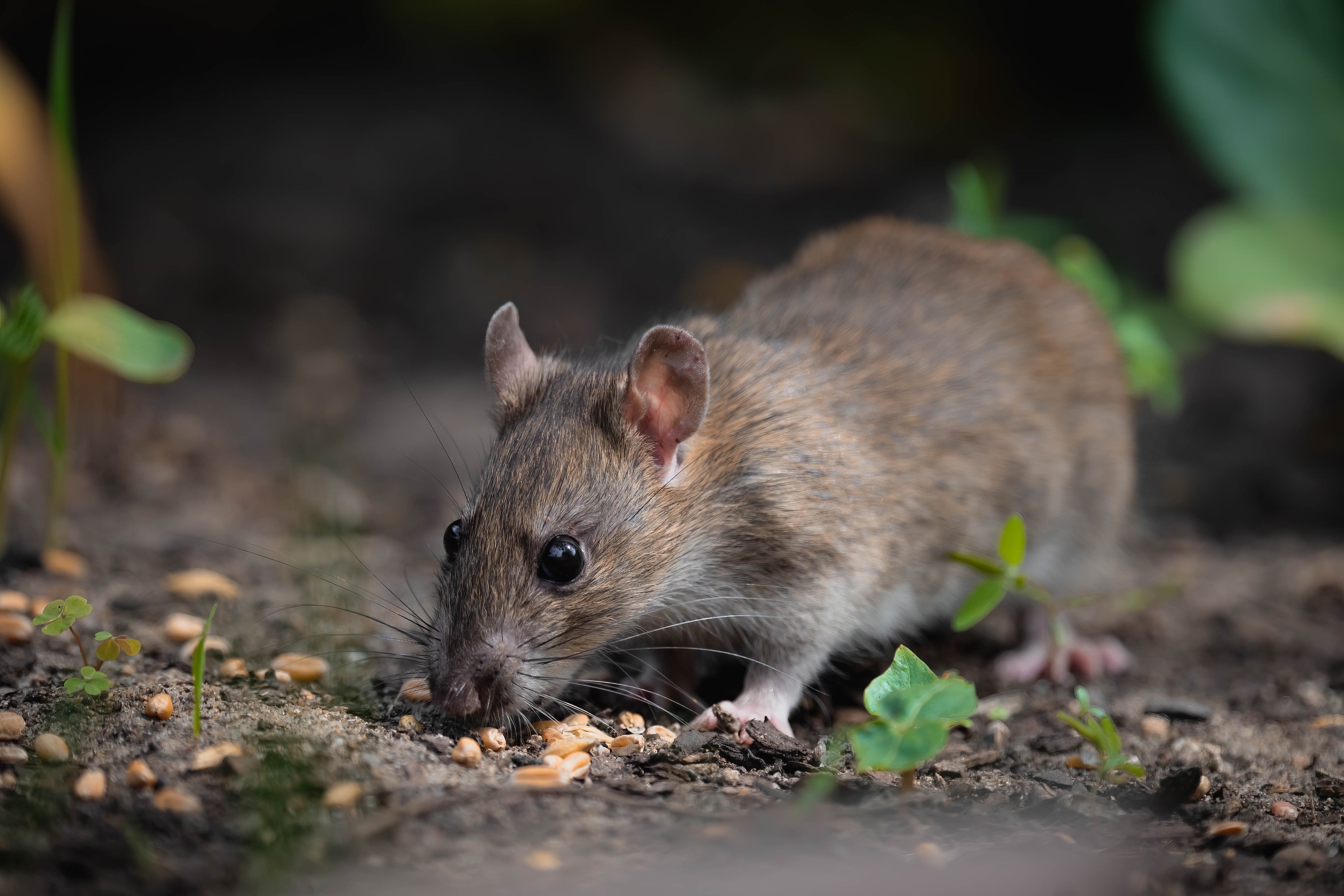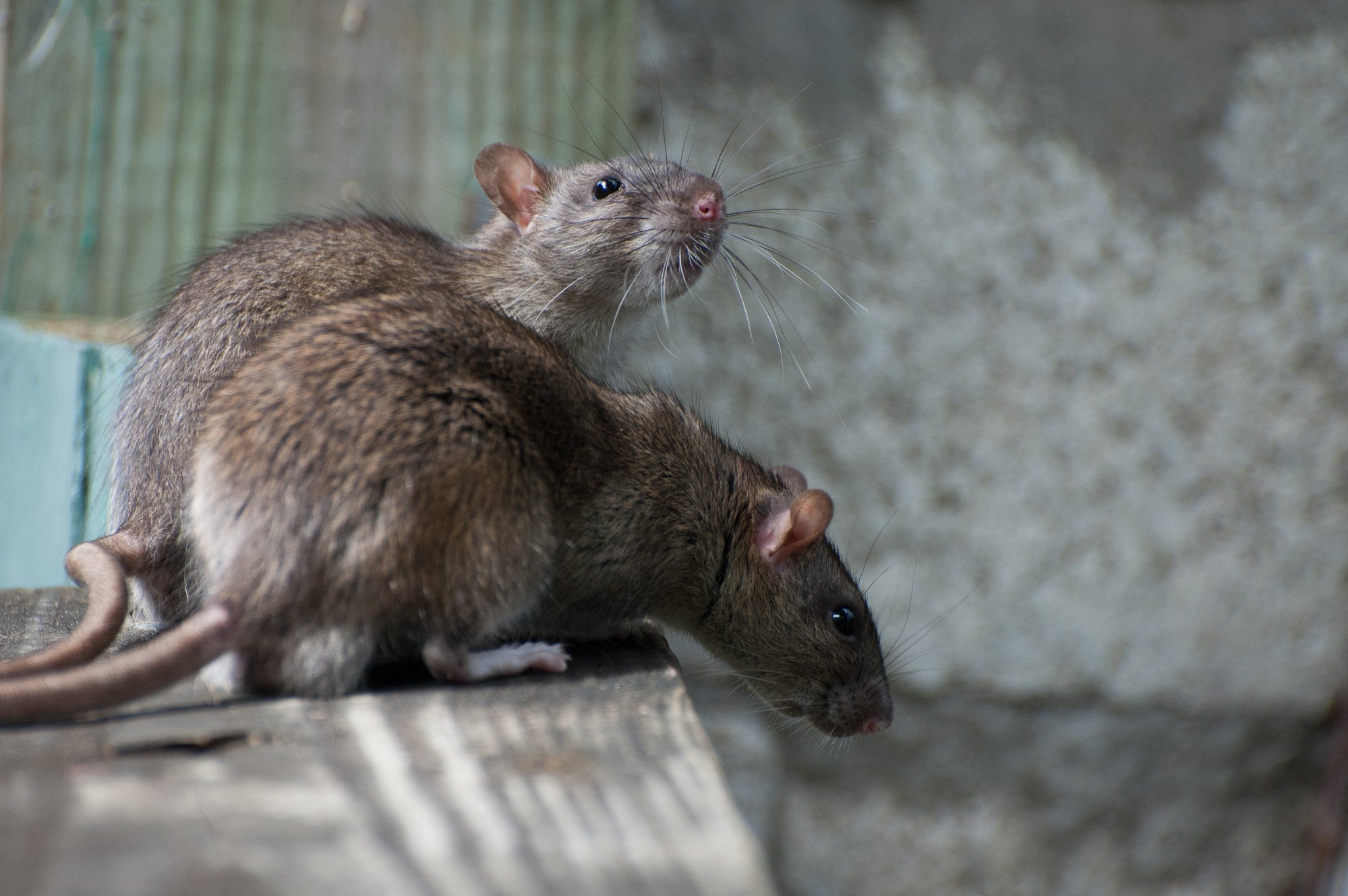The rat in the room: understanding Indonesia’s hantavirus cases
Medical experts say there is no cause for alarm as the 8 reported cases of a disease linked to the virus happened at a local level

A string of hantavirus-linked cases reported in Indonesia has sparked fears that the potentially lethal virus could be spreading undetected, with health experts citing widespread rodent exposure and poor sanitation as major risks that could lead to a further spike.
Eight cases of haemorrhagic fever with renal syndrome (HFRS), one of the diseases caused by the hantavirus, have been confirmed across four provinces – Yogyakarta, West Java, East Nusa Tenggara and North Sulawesi – as of June 19, according to a statement released by the health ministry on Saturday. All patients infected with HFRS have since recovered.
While there is no need for public alarm at this stage, health experts recommend strengthening disease surveillance and ramping up public education efforts, noting that the virus could be silently spreading in high-risk areas.
What is hantavirus?
According to the Indonesian health ministry, hantavirus-linked diseases are transmitted by animals. “This disease is transmitted through direct contact with rodents, and based on existing research, there has been no human-to-human transmission.”
HFRS, the disease detected in Indonesia, primarily affects the kidneys and has been reported elsewhere in Asia and Europe. Hantavirus pulmonary syndrome (HPS), the other common disease caused by the virus, affects the lungs and is more prevalent in the Americas.
HPS recently hit the headlines when it was reported that Betsy Arakawa, the wife of the late Hollywood actor Gene Hackman, had succumbed to the disease after she was found dead alongside her husband at the American couple’s home in New Mexico in February this year.

It was believed that the couple’s home had been infested with rats and rat droppings after police found rodent nests on the property.
The global mortality rate for hantavirus varies depending on the type of virus strain, with the average mortality rate ranging from 5 per cent to 15 per cent.
More cases or better detection?
Dr Dicky Budiman, an Indonesian doctor, epidemiologist and public health expert, told This Week in Asia that the eight HFRS cases likely surfaced due to better detection of the disease rather than a sudden jump in transmissions.
“One of the issues is that the symptoms of hantavirus mirror those of leptospirosis, dengue fever and sepsis, and this can be a barrier to diagnosis and treatment. Hantavirus has not been much studied in Indonesia, but some small studies of blood samples have shown hantavirus antibodies, demonstrating that some people in Indonesia had previously been infected,” he said.
“Our ability to detect the virus is still limited, as is public literacy about the illness. It is endemic in several countries and, in my opinion, it is likely to be endemic in Indonesia.”
Budiman said the risk of hantavirus in Indonesia was high because of dense housing, markets with poor sanitation, and poorly managed agricultural areas. Indonesia also experiences widespread flooding during the rainy season, which can lead to a rise in rat populations and hantavirus transmission through rodents.
It is not a new pandemic, but is an illness that has likely long been hereDr Dicky Budiman, Indonesian public health expert
“The most important thing now, however, is to reassure the public that this is not at the stage where there is likely to be a pandemic. It is not a new pandemic, but is an illness that has likely long been here, like leptospirosis, and that is likely to affect local populations only,” Budiman said.
Other health experts have also appealed for calm.
Dr Pandu Riono, an expert epidemiologist at the University of Indonesia, said there was no need for the public to panic about the data released by the health ministry.
“It is still only a few cases and unlikely to explode,” Riono said.
He agreed it was possible that some hantavirus-linked cases had been misdiagnosed as other diseases, particularly leptospirosis, as both were spread by rodents.
“But it is still unclear, and more investigation is needed. However, prevention is easy because rat populations around residential areas can be easily eradicated,” he said.
Symptoms of hantavirus
According to the Indonesian health ministry, the symptoms of hantavirus depend on the particular disease caused by the virus.
In HFRS cases, the symptoms are listed as “fever, headache, body aches, malaise [weakness], and jaundice [yellowing of the body]”, while in HPS cases, the symptoms are “fever, body aches, malaise [weakness], cough, and shortness of breath”.
The ministry said there was no specific treatment for the diseases, but that doctors usually focus on managing the symptoms experienced by patients in each case.
Indonesian health authorities have not declared a public health emergency due to the recorded cases. Budiman said he agreed with the decision as the cases reported were found at the local level and had not spread nationwide.
“If there were cases with severe symptoms such as complete or acute kidney failure, or if there were a spate of suspicious or unexplained deaths with patients presenting with hantavirus symptoms, then perhaps this could change,” he added.
The ministry said a hantavirus outbreak would only be declared an “extraordinary event” if there were “two or more confirmed cases of HFRS found in an area within one incubation period of two weeks”, but the recent eight reported cases did not yet meet this threshold.
How can people stay safe?
The best step health experts could undertake was to increase public awareness about the issue so that the public knew to use masks and gloves and store food carefully, Budiman said.
“The public should avoid direct contact with rats or rat droppings. This sounds obvious, but if rats have access to people’s homes and are brave enough to enter, it can be very dangerous. Food should be stored in closed containers with lids. Hantavirus is not just about health but about the environment, agriculture and infrastructure, and we need to work together to create a healthy environment.”
The health ministry said the “best prevention of hantavirus disease is done primarily through rodent control and preventing contact with urine, faeces, saliva, and rodent nesting sites”.
It urged the public to maintain the cleanliness of homes, including areas not commonly used, such as basements, attics, warehouses and storage areas. Members of the public should also avoid touching rodents, whether alive or dead, and place mouse traps around the house or workplace to reduce rodent populations.
Those at heightened risk of contact with rodents, such as farmers, construction workers, laboratory workers and veterinarians, should use specialised protective equipment, the ministry said.